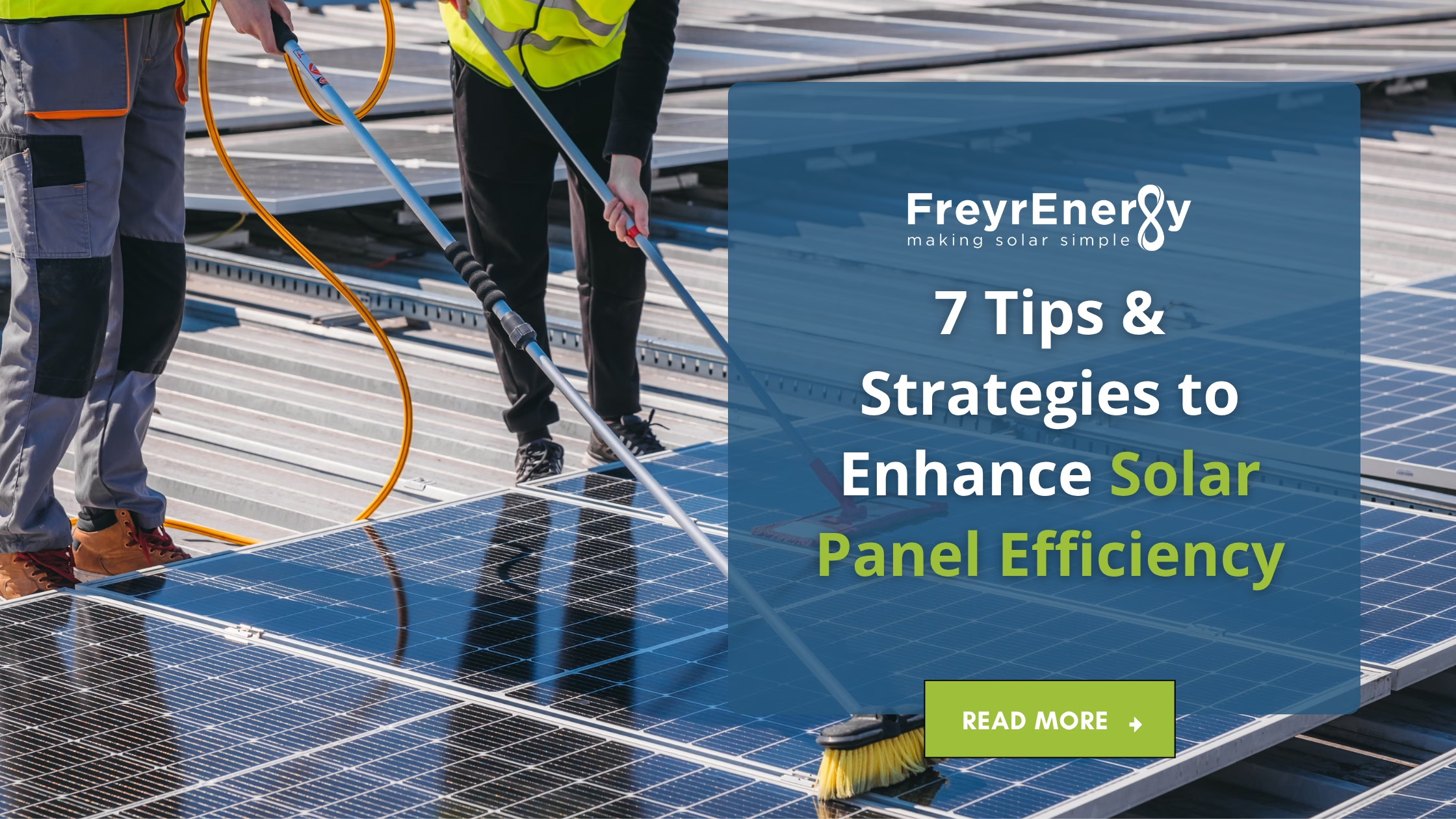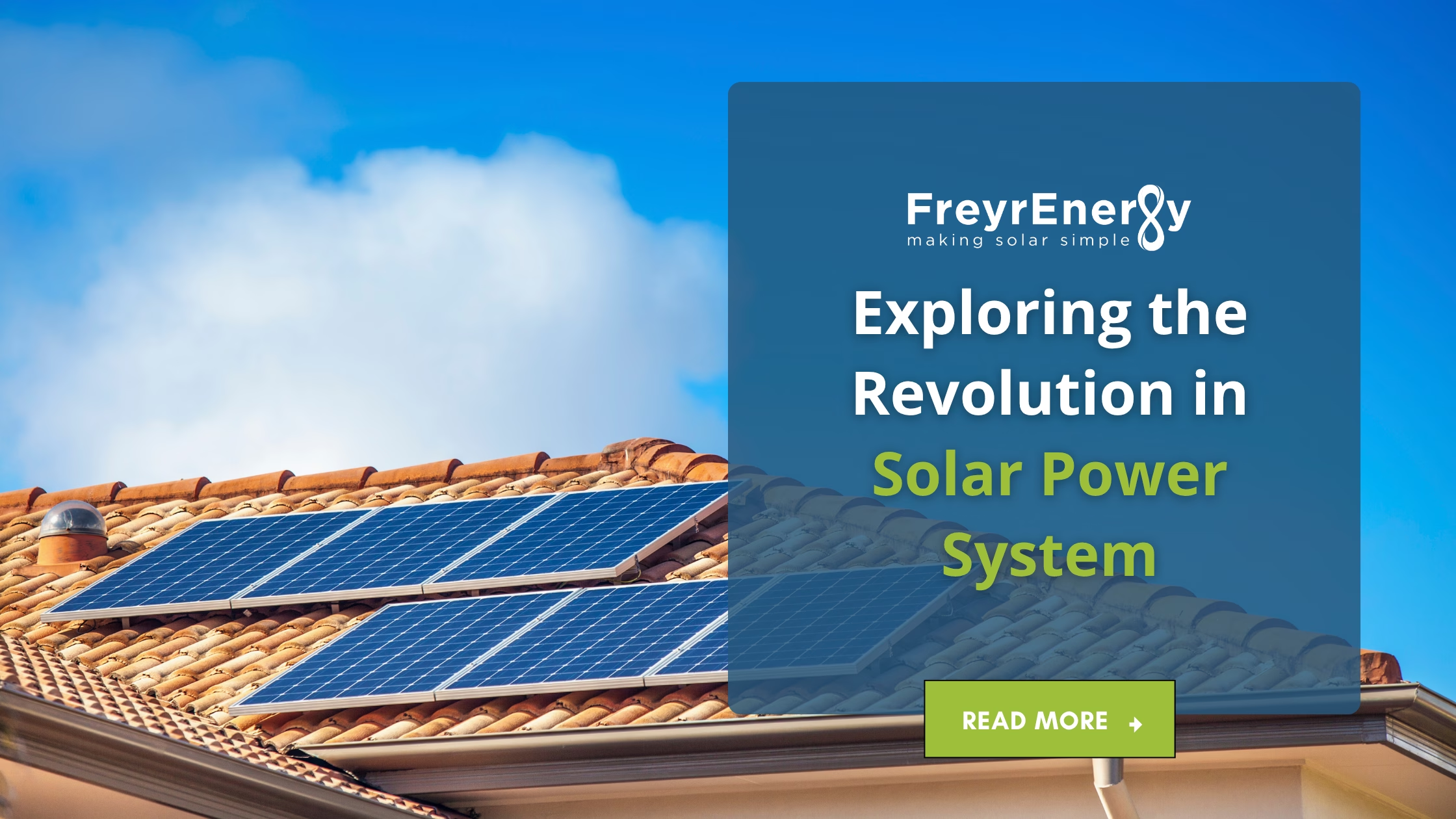Many electricity terms are overwhelming as well as confusing. AC and DC might remind you of the Australian band, but it’s not that. It’s one of the fundamental electrical concepts, and in the realm of solar energy, the discussion of AC vs. DC is common, which we’re going to explore in this article.
What is Alternating Current (AC)?
An alternating current (AC) is a type of current that changes the flow of current periodically. It changes its flow direction as the electrons move in upward and downward directions. It tends to switch between positive and negative. This draws a wavy line across the graph, which means it powers the solar system more fiercely than DC (Direct current).
AC is the standard for most household and industrial electrical systems, powering appliances, machinery, and lighting. Its ability to be easily transformed to different voltage levels via transformers makes it adaptable for diverse applications. Traditionally, solar panel systems work on the DC, but nowadays, AC solar panels are available in the market in which microinverters are already integrated.

What is Direct Current (DC)?
DC stands for direct current that flows consistently in a single direction. Unlike Alternating Current (AC), which periodically changes polarity, DC maintains a steady flow of electric charge. When it’s graphed, you can identify it by a single flat line. However, DC has two poles, but the current always travels in one single direction.
Coming to solar power systems, DC is integral to solar panels as they generate DC electricity directly from sunlight through photovoltaic cells. Solar panel absorbs the sun’s energy into DC and transforms it into AC power to run appliances. Different electrical appliances work on AC current.
AC vs. DC in Solar Power Systems
There are many aspects and factors that we need to explore when it comes to AC vs. DC. However, it’s recommended to look at the below-listed features before installing AC and DC current solar panels.

Advantages of AC setup
There are many benefits of having a solar panel system with an AC setup, and some of them are as follows:
Efficient Transmission
Solar panels with AC setup improve solar panel efficiency, and it’s effective for long-distance power transfer. Because AC oscillates, it is easier to change the voltage, which minimizes energy loss during transmission and qualifies it as an inexpensive setup.
Versatility in Household Applications
AC-integrated solar panels are a versatile source to power up your home appliances. It is used in diverse residential and commercial electrical systems.
Compatibility with Infrastructure
AC solar panels have a unique electrical infrastructure that provides seamless integration with the grid and minimizes the need for extensive modifications or additional equipment. Furthermore, it’s an affordable option as it requires thinner cables for power lines.
Safety Measures and Lower Risk of Electrocution
AC solar panel systems offer enhanced safety features and lower risk of electrocution. It offers a secure electrical environment in both commercial and residential premises, as AC current can interrupt the flow of electrons when there’s any electrical risk.
Ease of Voltage Conversion
Solar panels integrated with microinverters offer a sense of safety and reliability. Easy voltage conversion is one of the top advantages of using AC solar panels. It ultimately adjusts the power level to match the specific requirements and simplifies the overall performance of solar panels.
Advantages of DC setup
DC power solar panels hold many advantages, and here we have listed the top of them:
Efficiency in Local Transmission
DC setups in solar panels offer unparalleled efficiency in local power transmission. Unlike AC setups, there’s no need for power conversion, and it provides a consistent flow of current. It eliminates issues like energy loss and enhances the overall panel efficiency.
Reduced Conversion Losses
DC setups are designed to provide stable and quality power to different solar systems. It effectively eliminates voltage fluctuations and exhibits a constant voltage level. This ensures a consistent power supply and minimizes conversion losses. By eliminating the need for DC-to-AC conversion, conversion losses are minimized, enhancing the overall efficiency of the solar panel system.
Technological Advancements
Solar Power DC systems are based on advanced designs that can easily integrate with various advanced devices. However, the world is embracing technological advancements such as renewable energy. With innovations such as power optimizers and DC microgrids, the setups continue to evolve, offering improved efficiency and performance and promoting a clean and green future.
Increased Stability in Power Supply
The constant flow of direct current can enhance the reliability of specific applications, especially those sensitive to fluctuations, providing a more stable and consistent power output. Hence, DC solar energy setups are preferable in houses using solar power systems.
Freyr Energy’s Expert Guidance on AC and DC Solar System Design and Installation
Businesses and residential owners interested in AC or DC current systems should partner with experienced and professional solar panel providers. Freyr Energy is a renowned name in the solar energy sector, helping consumers choose the best AC and DC solar system designs. It helps them in several ways, from installation to the maintenance process.
Design and Installation Expertise
Freyr Energy is a professional solar panel installation company that provides excellent solar system designs and a seamless installation process. It has unparalleled expertise in both AC and DC configurations. We are associated with trained professionals who handle each solar process skillfully.
Technological Innovations and Solutions
At Freyr Energy, you can avail yourself of innovative solar solutions to accomplish all your needs. We are one of the best solar power companies in India, committed to forging a sustainable world. Hence, it empowers solar solutions; you can find both innovative AC and DC current solar systems maximizing energy output and cutting down the forefront cost.
Customer-Centric Approach
Freyr Energy follows a customer-centric approach by addressing their needs and fulfilling them with unique solar solutions. We prioritize client satisfaction and guide them in the whole solar journey from installation to maintenance. Plus, we offer 24/7 customer support to instantly resolve any queries.
Promoting Efficient Energy Use
The whole world is practicing sustainable activities, and Freyr Energy is dedicated to promoting the implementation of energy-efficient solutions. Whether it’s AC or DC solar systems, we prioritize designs that optimize energy use, reduce wastage, and contribute to a greener future.
Conclusion
Don’t forget that whatever you sow today, in the future, you will reap the same. Hence, investing in solar panels is a wise choice as it’s an investment in nature and the future. AC vs DC solar panels will always be a hot topic, but you should understand that both types of current play a crucial role in the solar energy ecosystem. It’s a part of technological advancement that continues to progress. However, whenever it’s about choosing AC or DC current panels, it’s imperative to choose an experienced partner like Freyr Energy.
Frequently Asked Questions
AC (alternating current) is commonly used in household electricity, powering appliances and lighting. On the other hand, DC (direct current) is prevalent in electronics, batteries, and some renewable energy systems.
AC solar panels are equipped with microinverters, converting the DC (direct current) generated by the panels into AC electricity for immediate use or grid connection in homes and businesses.
Solar panels are producing DC current, converted into DC electricity within the photovoltaic cells. DC is then transmitted efficiently from solar panels to inverters, where it can be converted into AC for household or grid use.
Generally, DC is not used in homes because AC is more suitable for long-distance power transmission, providing efficient energy distribution. AC also allows for easy voltage transformation, making it safer and more versatile for household appliances.



